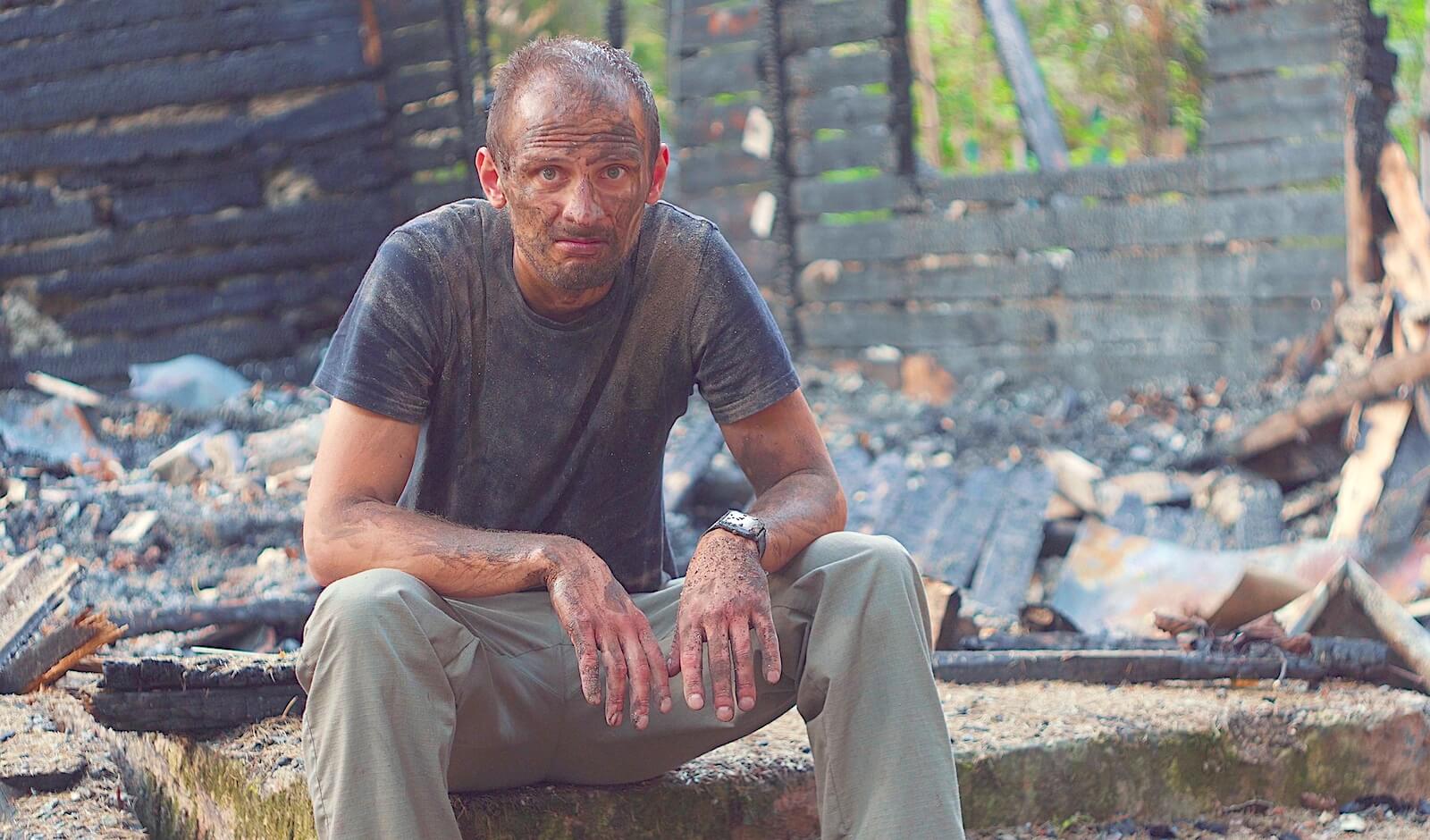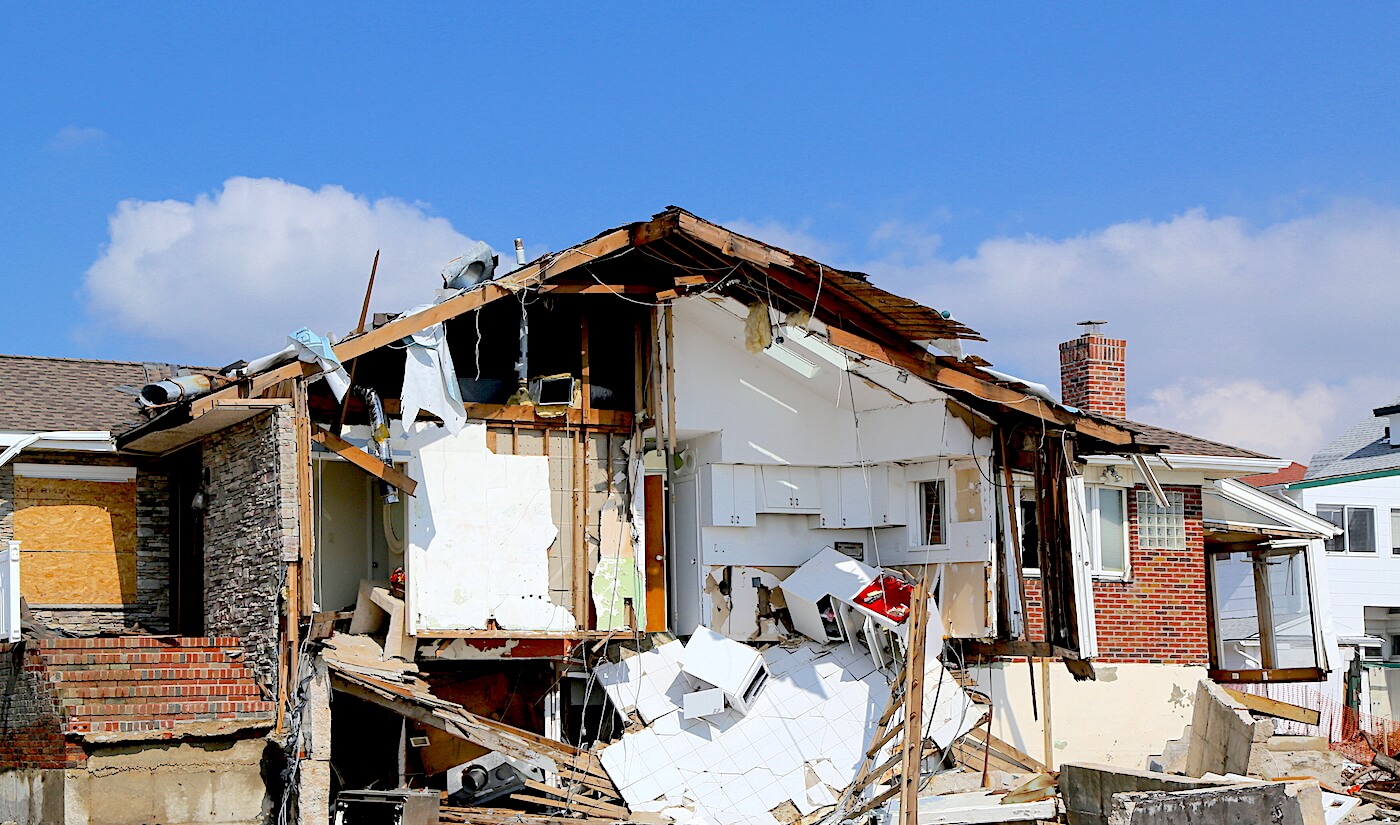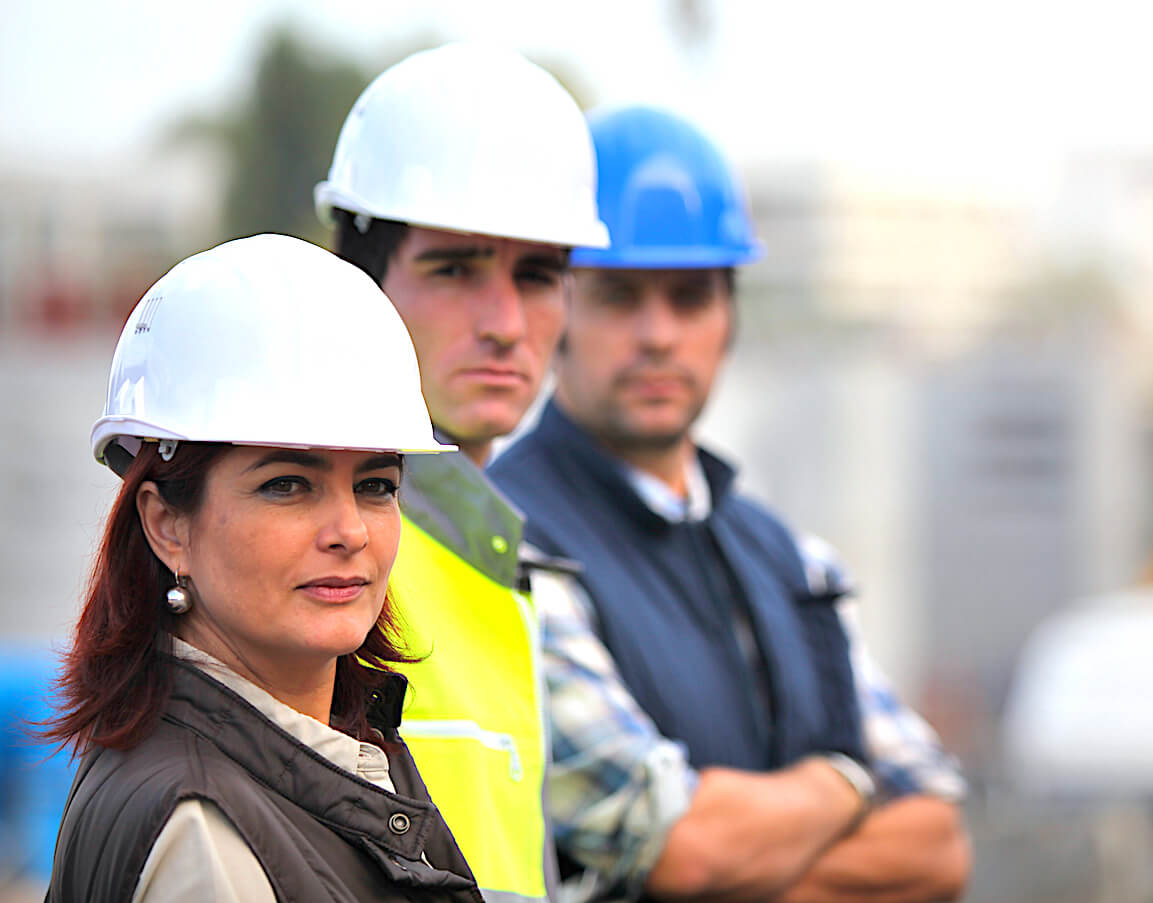In fact, some homeowners struggle to find home insurance because of wildfire risk. Fewer home insurance companies are willing to insure high-value homes in wildfire-prone areas, for example.
The December 2021 fire in Broomfield, Colorado burned 600 homes. The fire forced the complete evacuation of the towns of Superior and Louisville.
Meanwhile, wildfires that used to only occur during the hot and dry summer months are now occurring at all times of year. The governor of Texas declared a state of disaster in March 2022 because of wildfires in North Texas, for example and wildfires occur in California every month of the year.
As the risk of wildfires increases due to climate change, homeowners – and home insurance companies – are struggling to maintain good insurance.
Insurers Are Cancelling Policies in Wildfire-Prone Areas
You buy home insurance to protect you from unexpected events. Unfortunately, your insurance company could cancel your policy at any time due to excessive risk.
- As reported by Pew, one homeowner in Colorado got an unpleasant surprise from his insurance company. After moving to Boulder, Colorado and purchasing a home, that homeowner received a cancellation notice from his insurer.
- An assessor from his insurance company, Allstate, had visited the homeowner’s property and determined it was too likely to be destroyed by a wildfire. Because of the high risk, Allstate cancelled the policy.
- The homeowner was surprised and unsure what to do next. However, the homeowner also had a mortgage, and the lack of insurance left that financing in jeopardy. Lenders require home insurance to protect the collateral of the loan. If you can’t find an insurance company to cover your home, the lender could seize your home.
California Has a Last-Resort Lender for Homeowners with Cancelled Policies
California experiences more destructive wildfires than any other state. In 2018, catastrophic fires caused more than $9 billion in losses, according to the California Department of Insurance.
When the Camp Fire burnt through the down of Paradise, destroying 14,000 homes, it drove a local insurance company into bankruptcy.
California’s wildfire risk is so high that mainstream insurers refuse to insure certain properties.
In response, California has established a lender of last resort called the California Fair Access to Insurance Requirements Plan. If you can’t get insurance from the ordinary market, then you can use the California Fair Access to Insurance Requirements Plan to get the coverage you need.
It’s not just California: wildfires also threaten millions of homes in Texas and Colorado. As insurers become increasingly wary of wildfires, it’s becoming harder for homeowners to find insurance.
Why Insurers Deny Coverage for Wildfire Risk
Wildfires are a risk in most parts of the western United States. But why do insurers deny coverage for certain homes but not others? How can some homes in a neighborhood get good home insurance while others need to pay higher premiums?
Insurers consider factors like:
- Properties surrounded by forest, which significantly increases the risk of a wildfire
- Properties only reachable on backroads or forest service roads, which increases the
- risk of damage and injuries and reduces the ability to fight an active fire
- Slopes where the wildfire is likely to run
- Vegetation in the area, including overgrown brush and trees
- Wind patterns
After you buy home insurance in a wildfire-prone area, an assessor may visit your property to check these factors. The more factors there are to increase the risk of a wildfire, the more likely the insurer will cancel your policy.
Some Towns Are Becoming “No-Go” Zones for Insurers
As wildfire risk increases, it’s becoming increasingly difficult to buy homeowners insurance in certain communities.
In the town of Pagosa Springs, Colorado, for example, approximately 15% of homes cannot obtain insurance due to wildfire risk.
15% of properties in Pagosa Springs, Colorado land in State Farm’s third wildfire risk category. At this category, State Farm will not provide insurance to the property.
No matter how many trees the homeowners cut down, and no matter what steps the homeowner takes, the homeowner cannot obtain insurance in that location.
Meanwhile, hundreds more homes in Pagosa Springs are in State Farm’s second category, which means they’re considered high risk. Homeowners can buy insurance in this category, but it’s more expensive.
State Farm is America’s largest property and casualty insurance company. They insure more homes across the United States than any other insurer.
Wildfire Mitigation Reduces Risk – And It May Be Required
Wildfire mitigation is a familiar process for those in high-risk wildfire zones. Today, many homeowners clear brush from their property annually to reduce the risk of a fast-spreading wildfire.
In fact, some homeowners are required to do fire mitigation work on their property.
Some insurers require homeowners to clear brush from their property as part of regular home maintenance, for example. If you fail to do this, then your insurer could deny your claim due to lack of maintenance.
Meanwhile, certain residents of Boulder, Colorado must perform wildfire mitigation due to city bylaws. Since 1993, Boulder County has required all homebuilders on the western side of the county to do wildfire mitigation work. In 2010, after a devastating local fire, county land use officials recommended increasing mitigation efforts.
Today, Boulder and other counties employ a team of agencies and wildfire experts dedicated to managing wildfire risk as much as possible. These groups work with insurance companies, advocating on behalf of homeowners to ensure they can get covered.
3 Tips for Managing Wildfire Risk and Home Insurance

Many homeowners don’t consider home insurance until it’s too late. If it’s already wildfire season, or if a fire is approaching your home, then it’s too late to adjust coverage.
To manage your wildfire risk and home insurance, consider the following:
Understand your Insurance Policy and Coverage
A standard home insurance policy covers wildfire damage and all other fire damage.
However, your home may be dangerously underinsured. As home values rise, and as the cost of building increases, a growing number of homeowners are underinsured.
In fact, nearly 22% of homeowners are underinsured, according to Nationwide, with some homeowners underinsured by 60% or more.
It’s more important than ever to understand your policy and coverage. Check your policy to ensure it reflects the value of your home – especially if you have recently completed renovations or improvements.
Similarly, understand the difference between a replacement cost and actual cash value policy:
- Replacement cost policies cost more, but pay for the cost of replacing your home and your possessions after a wildfire
- Actual cash value policies are cheaper, but you receive compensation based on the value of your property minus depreciation, which could mean hundreds of thousands of dollars’ in less compensation after a loss
Keep Go Bags for Evacuation
Many people who live in a fire-prone area already keep an emergency go bag during the high risk season.
However, as the risk of wildfires increases year-round, and as wildfires impact more communities, it’s important to keep a go bag nearby at all times of year.
When wildfires occur, you may have only minutes to escape your property. Your go bag should have anything you cannot replace.
Ask your Insurer About Wildfire Mitigation Discounts
Some insurers offer wildfire mitigation discounts. Others require wildfire mitigation as part of good home maintenance.
Some wildfire mitigation tips include:
- Clear brushes and vegetation within a 100 to 200 foot radius of your home
- Protect your roof and home from embers (say, by watering your roof when a wildfire approaches)
- Build your home using fire-resistant materials
- Create a fire-resistant perimeter around your home
Remember: radiant heat from a wildfire can ignite a house up to 100 feet away. Even if the forest is 100 feet away from your home, you could be at risk of a serious wildfire.
Final Word
It takes just one small spark to ignite the next record-breaking wildfire. That small spark could occur in your backyard.
As the risk of wildfires increases, it’s becoming harder and more expensive for homeowners to find the insurance they need.
If an insurance company is disputing your wildfire insurance claim, or if you’re unsatisfied with your settlement offer, then request a free consultation from an expert ClaimsMate public adjuster today.
Read More Here: How Increasing Wildfires and Climate Change Are Affecting Home Insurance Claims & Coverage


